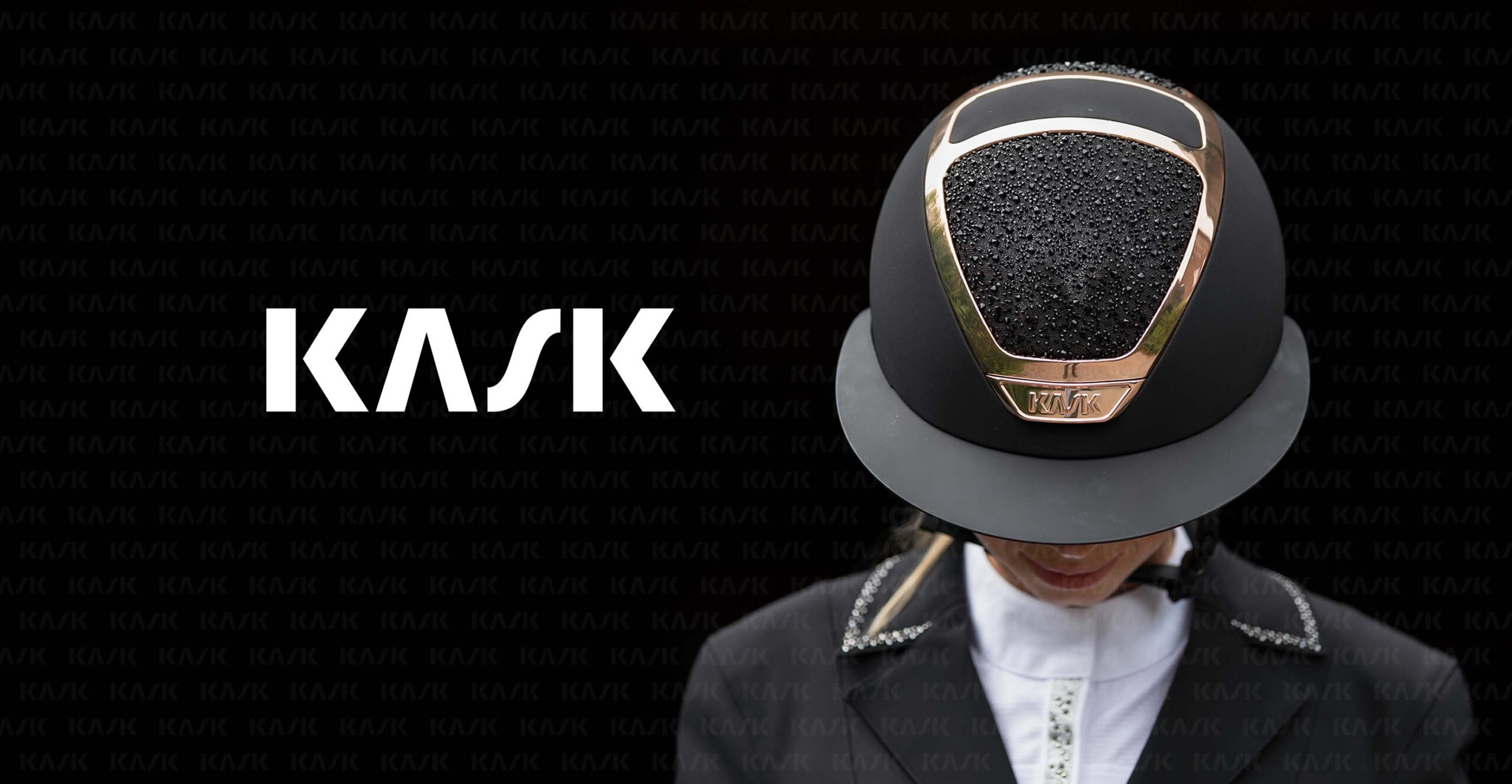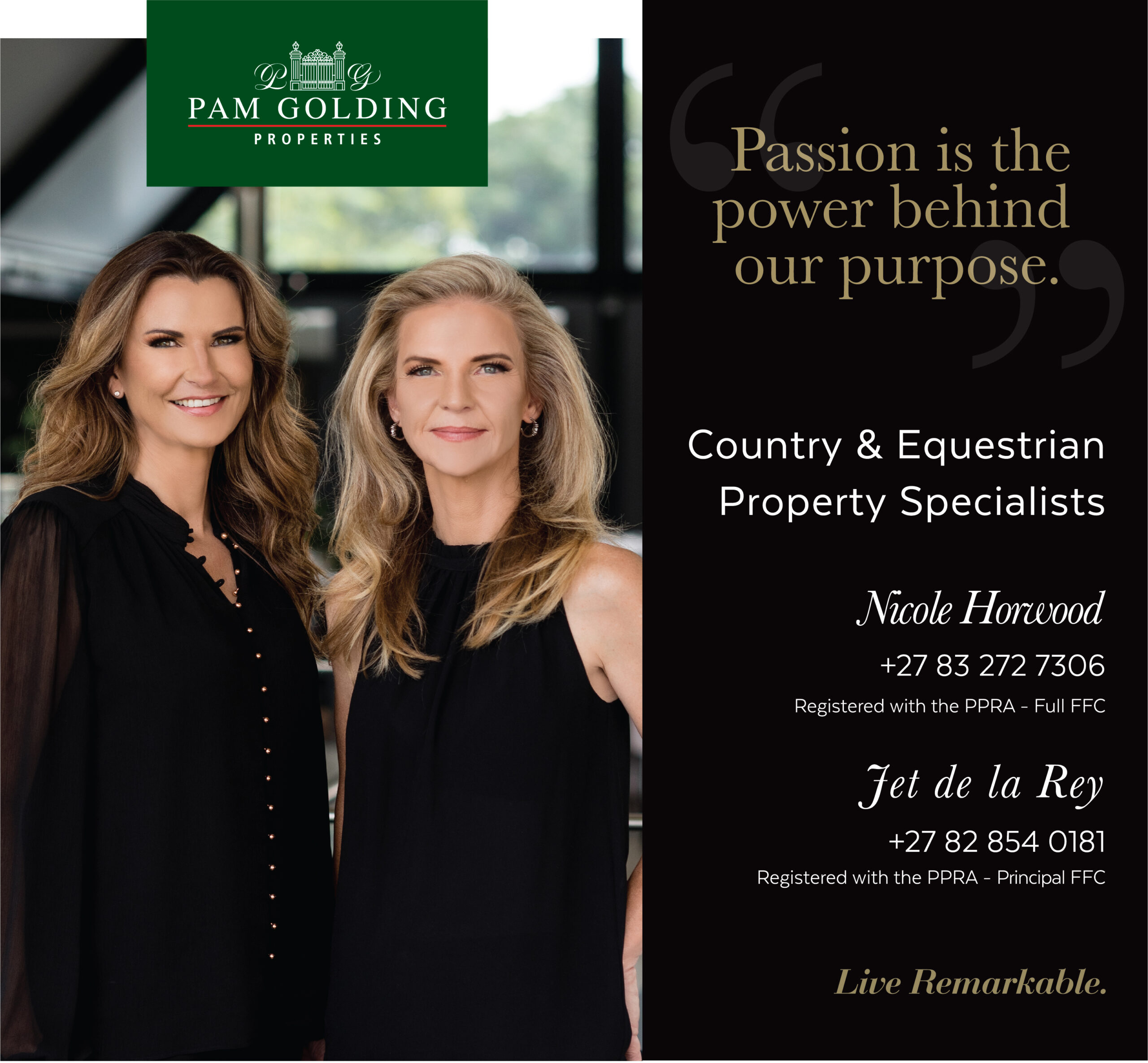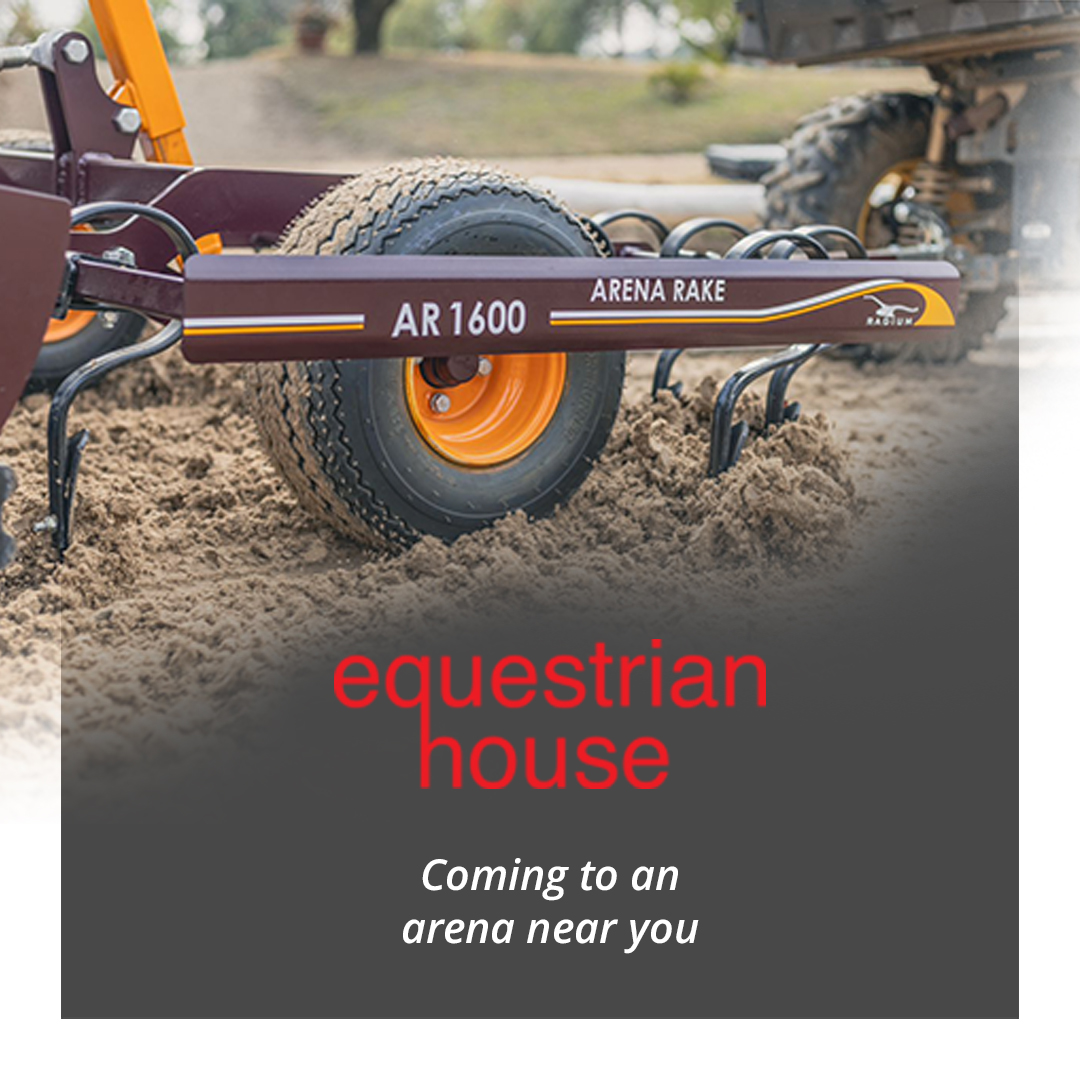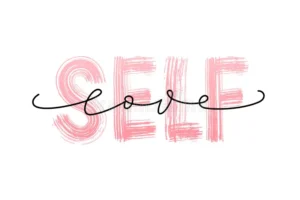Ponies and politics, two of the most important things in life. And then, alas, there are pony politics, which is very different. They are also very unimportant, ironically, but passionately and loudly pursued. Us horse folk are renowned for our firm commitment to our opinions, and gosh darnit no evidence will change our minds – even when we occasionally land on our heads.
So here are ten things horses can teach us about opinions, having them, sharing them, and possibly – dare I say? – even changing them.
- Opinions are like butt holes; everybody has one
The reality is that not everyone is all right, and not everyone is all wrong. Simply put with horses, you will never learn everything from someone and nothing from another, however much you might hate to admit it. I have seen top riders swallow their pride and get that natural horsemanship expert to come help them, I’ve seen the natural horsemanship expert ask another person for help, and you know what they both have in common? They are successful professionals. As Tim Minchin famously said, unlike your butt, you should thoroughly and frequently re-examine your opinions.
- Choose the hill you are going to die on, because you just might
Overly committed to feeding that horse up? Loud and proud about how people should ride? Outspoken advocate of “just get on it”? Yeah. You should reconsider. Luckily with political opinions they stand minimal chance of physically humbling you – unless you are in the States on public health insurance, of course – but horses do not mind getting a point across. So before you insist your way is the only right way, you might want to consider the alternatives. - Opinions are like orgasms – only mine matters and I don’t care if you have one
Just kidding, but not really. The things about opinions is that they are the lowest form of knowledge when based on what you think, and not on what is either true OR equally what is based on someone else’s experience. It is all too common to see a group of equestrians loudly talking AT one another as opposed to WITH one another, and that is because they aren’t seeking a common solution, but rather their own right to be heard. - We can disagree and be civil… Unless you like Appaloosas
I personally am a fan of spots, but this is all too common in politics of any kind, and to an extent it isn’t entirely wrong in that while we should tolerate others’, we draw a line at those who just want to be gross (don’t do it). As soon as an opinion excludes an entire demographic, it might be on the wrong side of the discussion. Likewise, as soon as grace does not extend to other people’s lived experiences, we need to have a good think about what our objectives in the discussion are. - Just like in showing – separate the judge from the rosette
It is easy to hate a judge for OBVIOUSLY choosing the wrong winner of a class. MORON. Especially when your horse only reared once (yes, personal experience). But it is actually very possible – especially in equestrian warfare – to separate their perspective from yours, and possibly (gasp!) accept a legitimate criticism. It does not make you a lesser person to congratulate someone who did the job better than you, nor to learn from an experience – rather the opposite. And if you want to ride a lot, losing is something you will become quite adept at! Luckily for losers, winners seldom get the opportunity to learn from their errors, whereas we do. - OMG DOES IT EVEN MATTER
Some people think Arabs are better. Others prefer Warmbloods. If it doesn’t affect you, here’s the thing: they are entitled to their wrong opinion. Leave them be. You’ll never get where you are going if you stop to engage every person doing something weird, because guess what? THERE ARE A LOT OF THEM. - Disagreement is not a bad thing…
…as long as you aren’t playing to be right, but rather to find the best solution. Just like negotiating a young horse into a horsebox, the experience needs to ultimately be constructive and for the greater good. It is best for the horse to get in the box so they can be transported for veterinary care, if nothing else – it is best for your teeth and your trailer if they do that happily. If it is just you versus Sparkle, you’ve already lost because the point is not to senselessly dominate, but rather to eloquently and convincingly help the other party to rethink their policies. - Opinions are about them, not you
Don’t take opinions personally. They always say more about the deliverer than the topic they are actually committed to. People grandstanding about “showing a horse who is boss” are often not the boss of their own life. Sometimes we can acknowledge this and allow it to create a little empathy for someone who is being particularly foul. - But did they ask you?
We often like to jump in and offer help, and one day my best friend butted in and said to me “But did they ask you?” (The cheek.) No, I’m just… “DON’T DO IT.” But I’m only trying to… “STOP.” Sigh. If you want to help, join a committee. It will cure your pathological need to save people and offer advice. Personal experience.
- Opinions are made to be changed
Not theirs. Yours. Yes, you. Yes, me! If we aren’t willing to be wrong, or to listen, if we aren’t willing to authentically engage others and consider all sides of the dice, how will we ever get to either the truth or the best solution? When I was young, I was so smart I knew everything about horses 🙂 but as I get older I realise I know less and less, although I have forgotten more than I knew at 20. I think this is the surest sign of gaining knowledge as opposed to pure perception – the ability to consider others, to advocate passionately but without prejudice, always willing to truly hear and not just listen, so that we ourselves can become a better version of who we are.
There are certain inalienable truths in life and horses, and one of them is that we will never all agree on one solution or outcome. If we are on the side of the solution, it is our onus to be gracious and always seek to reconcile dissent in as harmonious a way as possible. If we are on the opposing side, we need to re-evaluate our policies and perceptions, evaluate if we are bringing personal emotion to the table, and think carefully how best to recalibrate our attempts to throw a violent coup. I mean, convince others that our way is truly best.
Our sport is too small for the amount of vitriol that is often brazenly dispersed. It leaves us hemorrhaging both professionals and potential patrons, young talent is demotivated or dissuaded, top talent is unsupported and frustrated.
This is just my opinion, of course, and it is open for changing, but surely we could stand to be a little kinder, a little more educated, and a lot more collaborative.
Content Credit: Georgie Roberts (The Offside) (https://www.facebook.com/theoffsideofgeorgie)
















